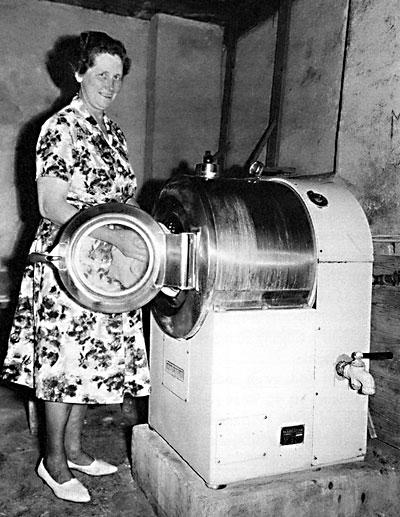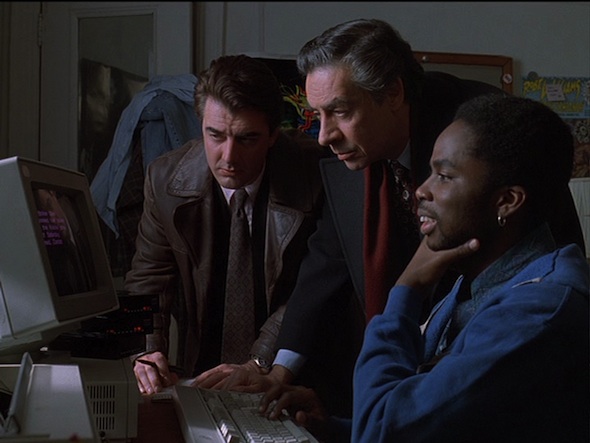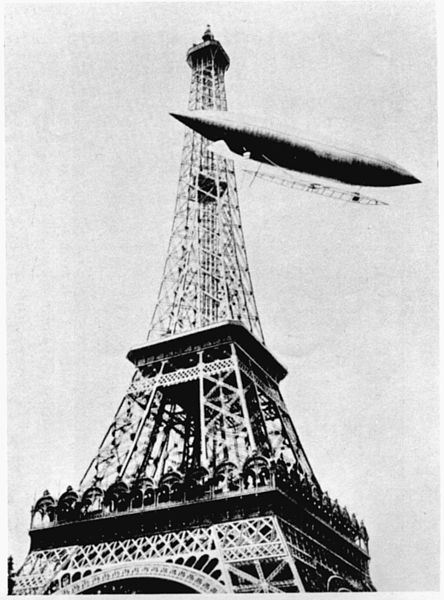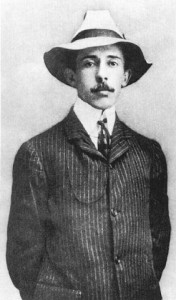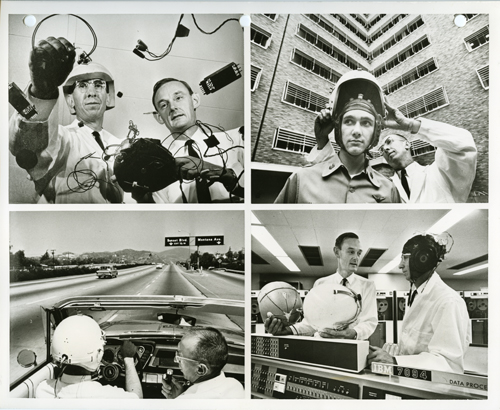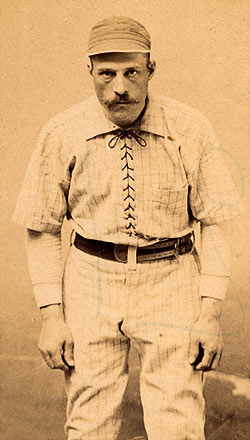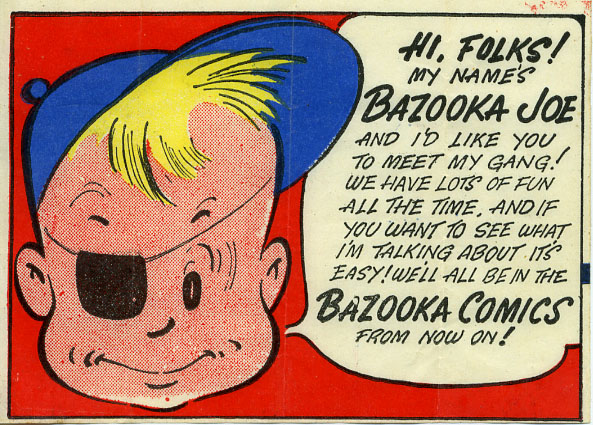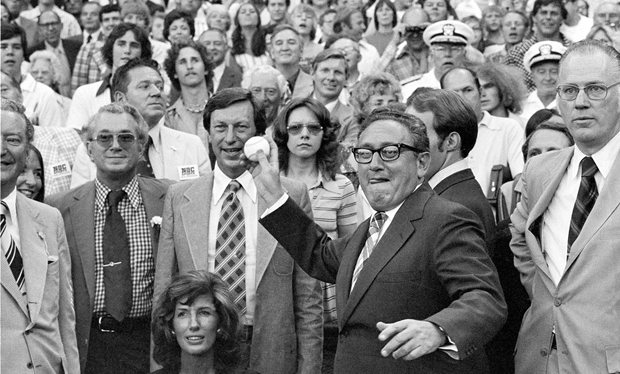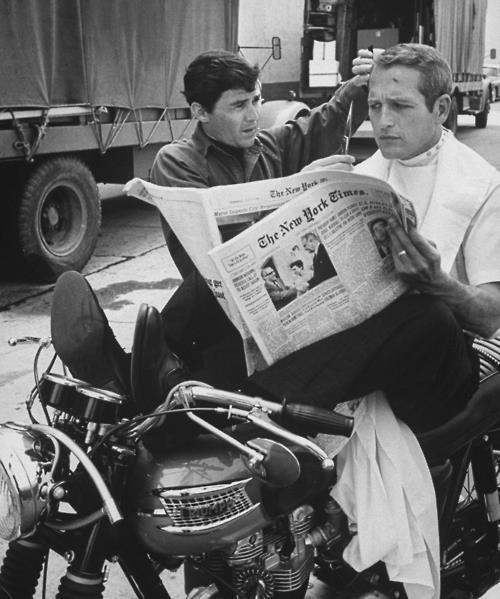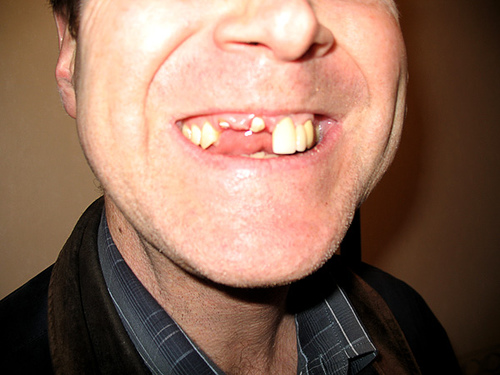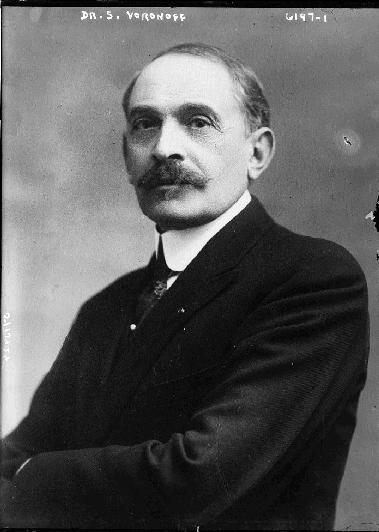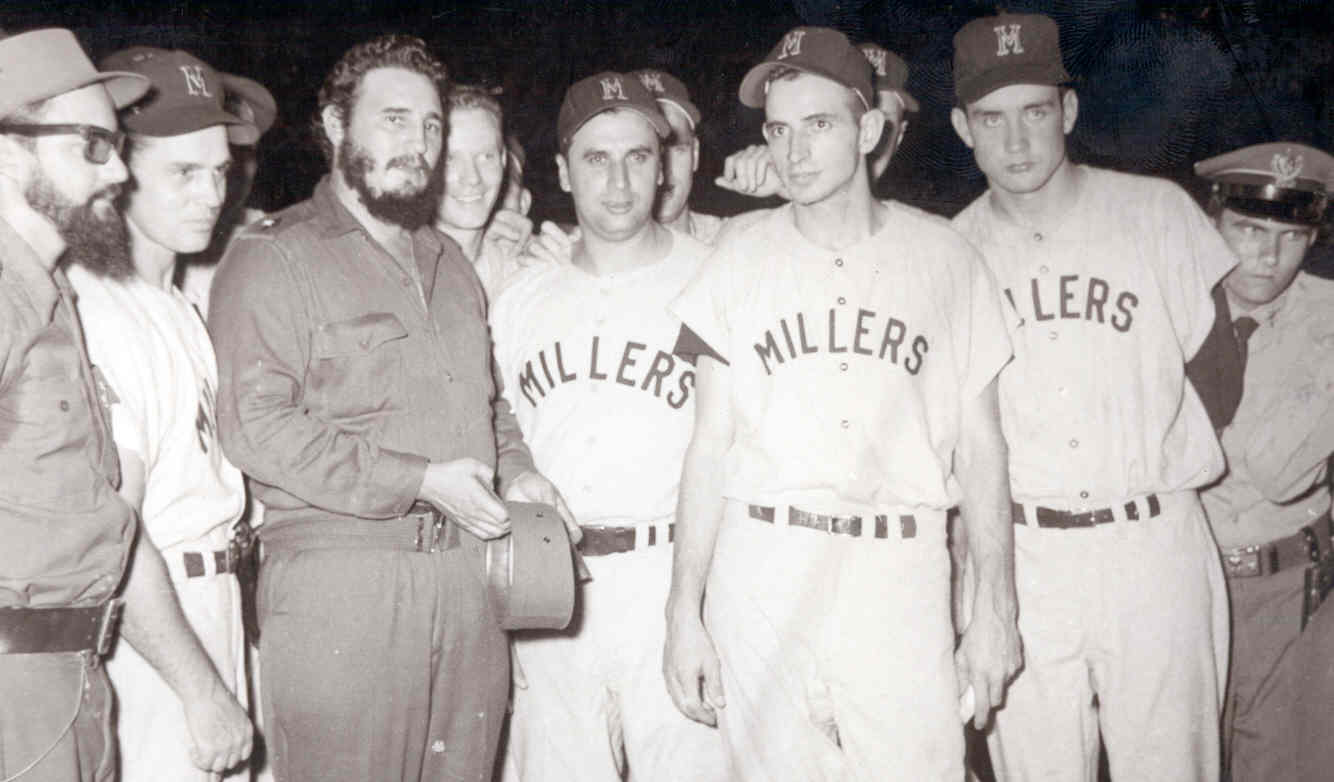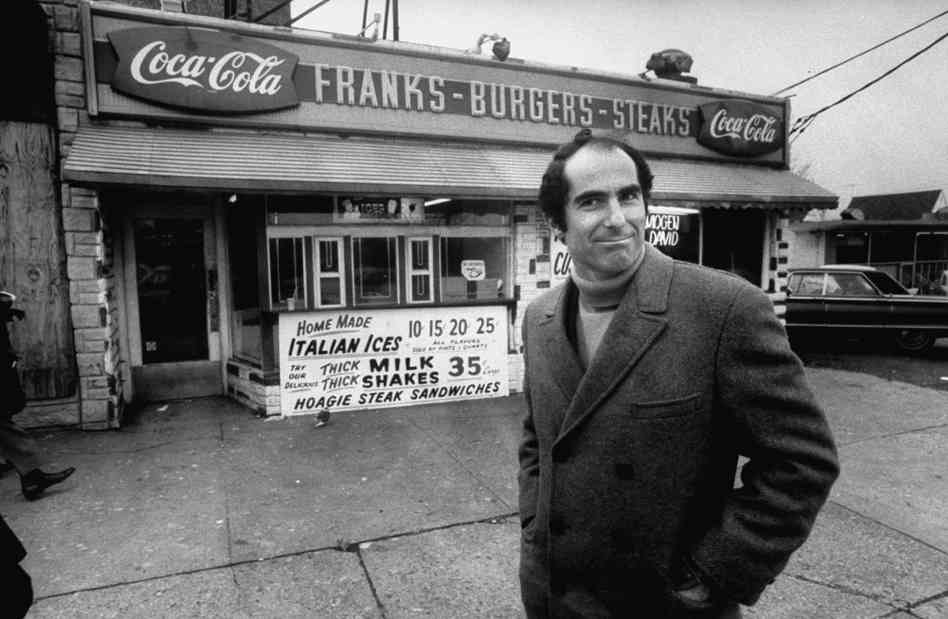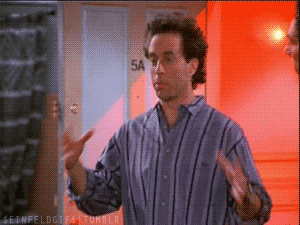Where does the washing machine rank in the pantheon of revolutionary inventions? After the wheel and printing press, sure, but it holds a prominent place. The machines have improved over decades, but the fundamentals have remained stubbornly the same. In our lifetimes, I would wager that the soaking-and-circulating tub method will fall into obsolescence. From Tuan C. Nguyen at the Smithsonian blog:
“The electric washing machines are right up there with automobiles and personal computers. With the press of a button, a load of laundry that had once taken in excess of four hours to clean was reduced to a 40-minute automated process. Some economists have even credited the time-saving appliance with precipitating the rise of women in the workforce during the 1950s, as homemakers were suddenly freed up to take up other pursuits.
But for all its necessary convenience, the conventional washing machine has remained, to this day, a resource-intensive technology that requires as much as 55 gallons of water per load and electricity to heat the water. Nor is it even the most efficient method for removing stains. ‘Machine washing is like trying to clean your clothes by giving it a bath,’ explains Jonathon Benjamin, a longtime industry executive and head of Xeros Cleaning’s North American operations. ‘Not all the dirt gets washed away as some of it just gets moved around in all that water.’
Since 2010, the UK-based startup has been introducing into several markets a radical, nearly-waterless machine that allegedly leaves clothes cleaner while using 72 percent less water, cutting energy costs by as much as 47 percent. The Xeros cleaning system, found at select athletic clubs, drop-off cleaners and Hyatt hotels, does this by swapping out water for tiny plastic beads specially-engineered to absorb dirt directly—and therefore more effectively—from fabric.”

